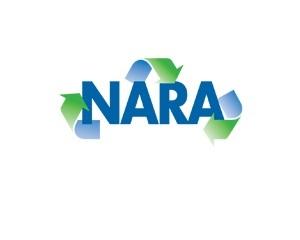Malaysia passes Animal Feed Bill 2008
Published: June 24, 2009
Source : Engormix.com
Two days ago, the Malaysian Parliament's House of Representatives passed the Animal Feed Bill 2008 which among others facilitates the setting up of the Animal Feed Board.
Agriculture and Agro-Based Industry Minister Datuk Noh Omar, when winding up the debate on the Bill, said the Animal Feed Board would supervise the quality of animal feed and supplements through import, production, sales and consumption controls.
He said that the aim was to make sure that livestock feed fulfils nutrient needs and is not contaminated so that meat and animals products were safe for human consumption.
On the 14-year delay in tabling the Bill, he said that the Malaysian government had to consider its readiness as well as that of the industry in terms of the need for capacity development and to ensure effective implementation and enforcement.
Noh also stated that careful studies were needed so that its implementation was in line and did not overlap other laws such as the Poison Act 1952 and Food Act 1983, so that all the laws complemented each other in accordance with the food safety concept from farm to table.
Efforts to draft the bill on animal feed began in 1995 but it was only tabled in Parliament this year.
Touching on the issue of usage including the use of drugs and chemicals in animal feed, Noh said that with the Bill, all farms would be required to undergo inspection so that the misuse of prohibited drugs and chemicals could be detected. Among banned chemicals often found in animal feed are beta agonists, dioxin, nitrofurans, chloramphenicol and fluoroquinolones.
He added that the regulations to be drawn up under the Act would also take into consideration Halal requirements. This would be enforced through labeling so that buyers would have options.
He said that a traceability system would be introduced to enhance monitoring and implementation. A database would also be developed to keep all information in each chain of production, such as the import of raw materials, manufacturing, storage, marketing and use.
Through this approach, according to Noh, the source of any issue in the chain of production that arises could be traced.
Source
Engormix.comMentioned in this news release:
Join to be able to comment.
Once you join Engormix, you will be able to participate in all content and forums.
* Required information
Would you like to discuss another topic? Create a new post to engage with experts in the community.
Create a post




